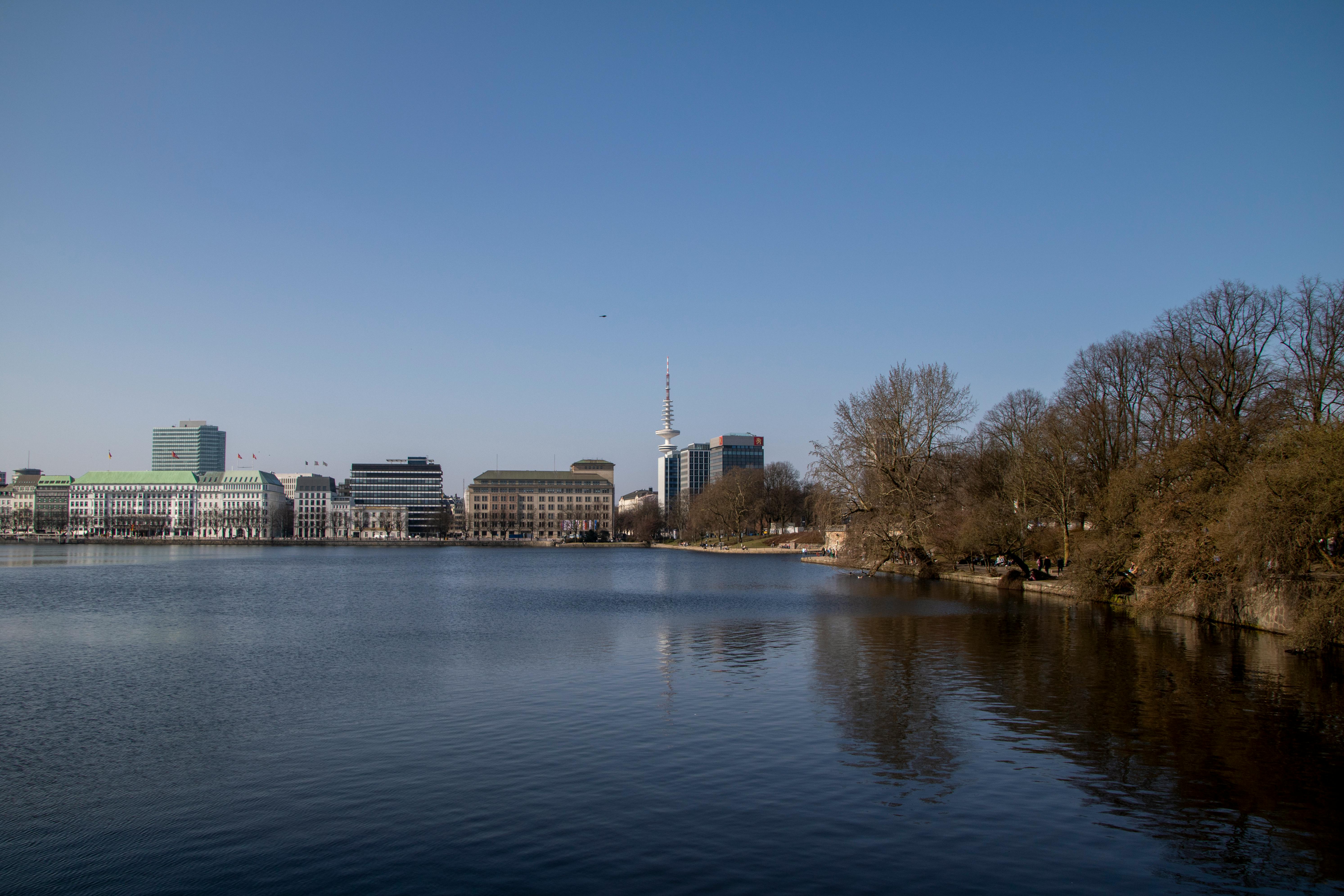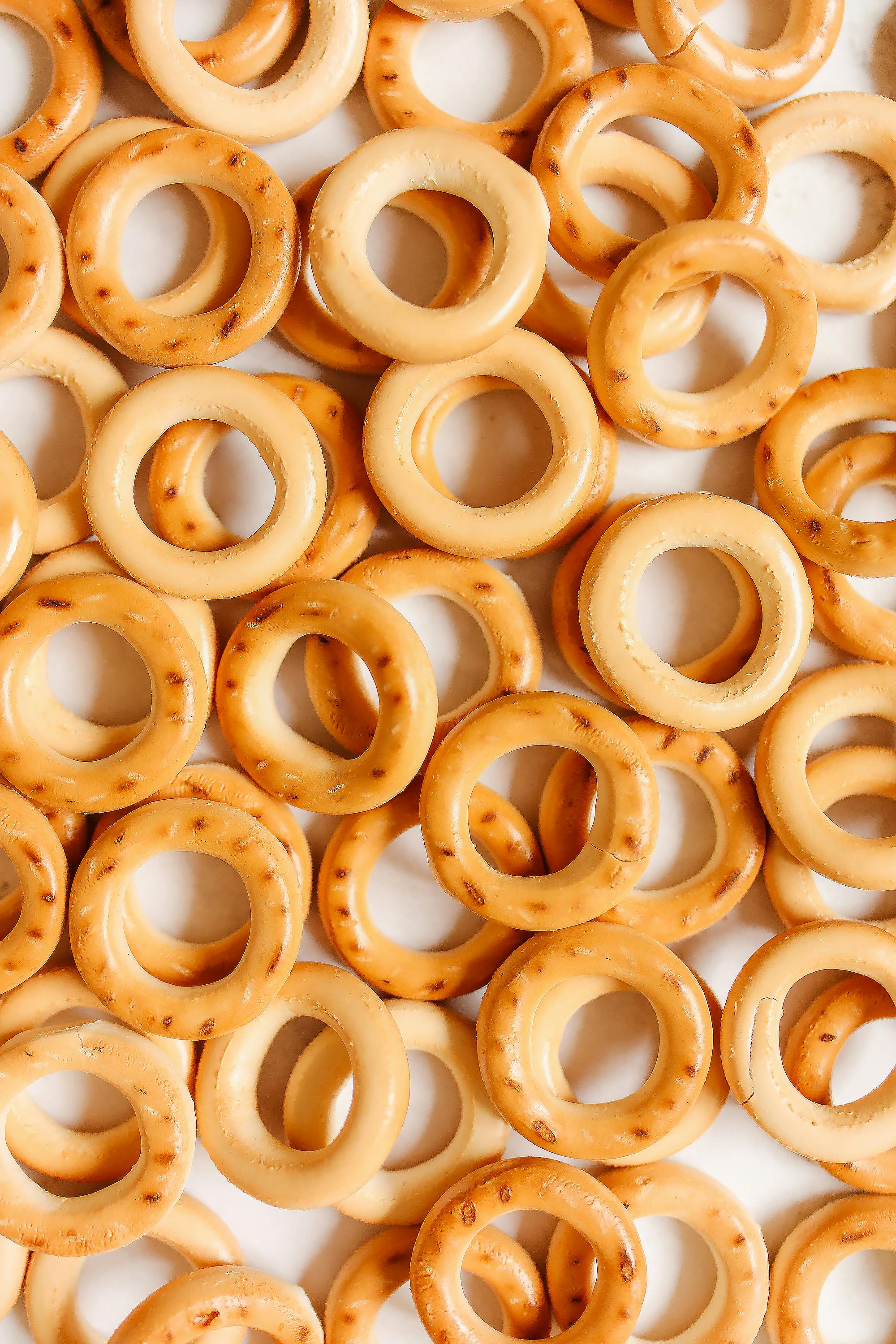Homelander's death in the comics occurs during a battle with several characters, including his former allies and adversaries. In "The Boys" comic series, particularly in the later story arcs, he is ultimately confronted by Billy Butcher and Hughie, as well as other members of The Boys. His downfall is brutal and highlights the consequences of his tyrannical behavior and unchecked power. If you have further questions or need a more detailed summary of his demise, please let me know!

The Tragic Conclusion of Homelander in The Boys Comics
Homelander's demise is one of the most striking moments in the "The Boys" comics, brilliantly crafted by Garth Ennis. His character encapsulates the darkest aspects of superhero narratives, reflecting a critique of the genre’s tropes and conventions. In this article, we will explore the events leading up to his death, the implications it has on the characters involved, and how it highlights the moral dilemmas present in the storyline. Through this exploration, we reveal the layered complexities in Homelander’s journey, making it a pivotal moment in the series.Homelander, often regarded as a fan favorite despite his villainous portrayal, embodies the tragic anti-hero archetype. His unchecked power and delusions of grandeur spiral into madness, leading to a final confrontation that is as brutal as it is inevitable. This falling from grace serves as a cautionary tale about the abuse of power and the consequences of a hero complex gone awry. As we delve deeper into this narrative, we will also touch on themes of vengeance, betrayal, and the cyclical nature of violence that permeate "The Boys" comics.
Setting the Stage: The Growing Tension
Building on the events of earlier arcs, the tension surrounding Homelander escalates as his tyrannical behavior alienates both allies and enemies. His actions, marked by violence and psychological manipulation, have created an environment ripe for conflict. Characters like Billy Butcher and Hughie find themselves embroiled in a complex web of moral choices, struggling against Homelander’s abusive power. Throughout the comics, we witness how his conflicts with Black Noir and other members of The Boys reveal not just physical confrontation but deeper character motivations. The nuanced dynamics between characters intensify, embodying a struggle between what it means to be a hero versus a villain. This leads to anticipation within the reader as they wait for what could be an explosive climax, reflective of a well-crafted narrative structure that keeps them engaged.Unfolding the Final Battle: Homelander vs. Black Noir
The final confrontation between Homelander and Black Noir is not just a battle of strength; it serves as a critical pivot point in the storyline. As they engage in a bloody fight, the stakes are heightened not only for them but for everything the reader has come to understand about heroism and villainy in the series. In this climactic moment, the juxtaposition of their moral complexities unfolds. Homelander, wielding unimaginable power, clashes with Black Noir, who represents the silent but lethal watchman, embodying the consequences of unchecked ambition and betrayal. Their fight is a brutal allegory for the narrative's deeper themes, encapsulating the emotional stakes involved. Through graphic storytelling techniques, each panel artfully conveys the escalating tension. The violence is not gratuitous but serves a significant purpose, showcasing both the physical and psychological ramifications of their conflicts. The outcome not only marks a turning point for Homelander as a character but also adds layers to the comic book’s overarching themes of vengeance, conflict, and the ultimate realization of one’s flawed humanity.Consequences and Moral Ambiguity
As Homelander faces his end, the narrative does not shy away from the expansive consequences of his actions. The aftermath of the final battle reveals a moral ambiguity embedded in the characters’ decision-making processes. Each character is forced to confront their past actions and motivations, leading to a critical examination of redemption arcs within the story. For fans of the series, this demise offers a powerful closing statement about the nature of power and responsibility. The resolution is not a simple victory for The Boys but rather a reflection of the darker implications that accompany the superhero genre. The exploration of themes like betrayal and the psychological depth of characters allows for a rich commentary on societal issues, inviting readers to ponder the moral choices made throughout the series.The Impact of Homelander's Death on The Boys Comics
Homelander’s tragic ending reverberates throughout the entire narrative structure of "The Boys" comics. His downfall exemplifies the dramatic irony present in the storyline, as readers witness the cyclical nature of power struggles and the implications of betrayal among peers. This shocking reveal, imbued with emotional weight, underscores how character arcs have been meticulously crafted over time. It begs the question of what true heroism means in a world where morality is often a gray area. The explosive conclusion serves not only as a commentary on the traditional superhero narrative but also as an exploration of the darker side of human nature.As we reflect on this pivotal moment, we can see how the ensemble cast navigates their complex relationships, further enhancing the character development throughout the series. The emotional stakes are high, and with every fight, betrayal, and moral dilemma, readers find themselves engrossed in the chaotic yet compelling storytelling that defines "The Boys." This intricate web of graphic violence, dark humor, and societal critique creates an enduring legacy that has resonated deeply within the fandom.


Thematic Depth and Legacy
The thematic richness of Homelander’s death extends beyond his character alone; it encapsulates the overall essence of "The Boys" series. The exploration of unresolved issues, such as power corruption and moral ambiguity, creates a layered conversation that invites further dialogue among readers and fans. This conclusion is not just a termination of Homelander's arc; it paves the way for ongoing discussions about anti-heroism, societal critiques, and the psychological implications of power dynamics in modern narratives. As readers immerse themselves in this complex universe, they engage with themes that resonate beyond the pages, challenging their perceptions of heroism and villainy. In conclusion, Homelander’s brutal demise serves as both an ending and a beginning for the narrative moving forward, influencing the character motivations and emotional journeys of everyone involved. The impact of his downfall reinforces the storytelling techniques that make "The Boys" a standout in the realm of graphic novels, marking a profound commentary on the superhero genre as a whole.As we look at the literary techniques employed throughout the series, we can appreciate how each character’s journey intertwines with the overarching narrative themes. This underscores the importance of character development, making "The Boys" not only entertaining but also thought-provoking, ensuring its place in the pantheon of modern comic book storytelling.

